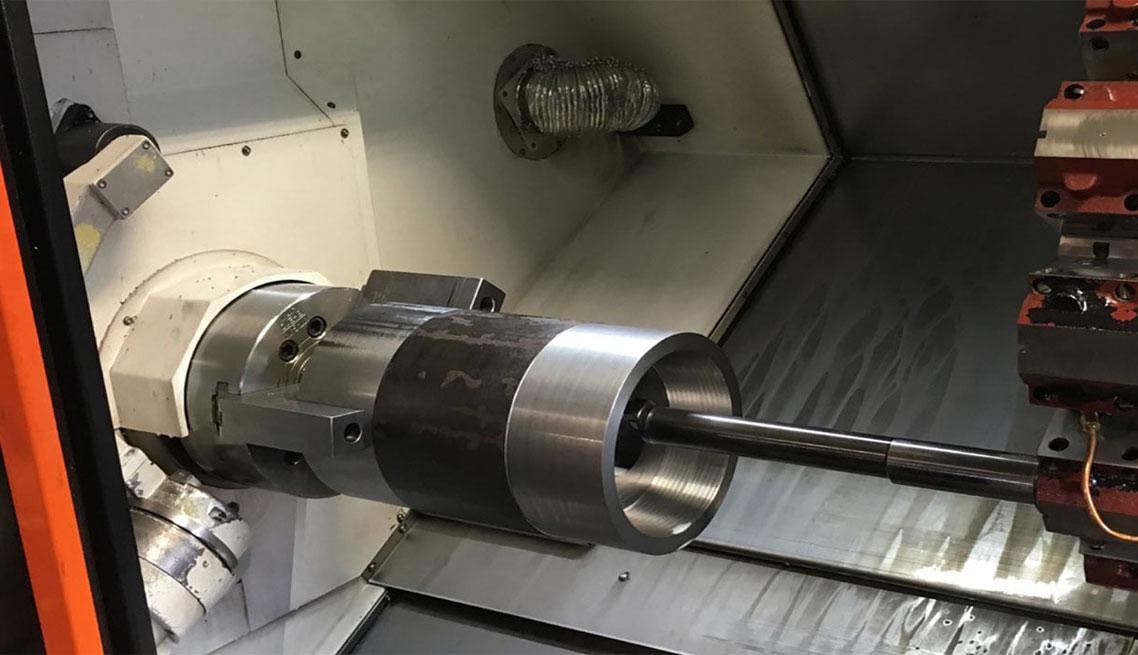In the world of precision machining, CNC turning stands out as a cornerstone technology that has revolutionized the manufacturing landscape. Fort Worth, with its rich industrial heritage, has embraced CNC turning techniques for precision machining with open arms. These techniques play a pivotal role in producing intricate components with unparalleled accuracy and efficiency. In this article, we will delve into the key aspects of CNC turning, exploring the best techniques employed in Fort Worth’s precision machining industry.
Understanding CNC Turning
CNC turning, short for Computer Numerical Control turning, is a machining process that uses computerized controls to rotate a workpiece on its axis while cutting away excess material. This process is widely adopted in Fort Worth’s precision machining industry due to its ability to produce intricate parts with tight tolerances. The CNC turning machine interprets computer-aided design (CAD) models and executes precise movements, resulting in components that meet the most demanding specifications.
Tool Selection and Optimization
One of the critical factors influencing CNC turning precision in Fort Worth is the careful selection and optimization of cutting tools. High-quality carbide or ceramic tools are preferred for their durability and ability to withstand the high-speed rotations common in CNC turning. Tool geometry, coatings, and cutting parameters are meticulously adjusted to ensure optimal performance and extended tool life, contributing to cost-effectiveness in the long run.
Precision Programming
Precision machining in Fort Worth relies heavily on the expertise of programmers who create the CNC programs that guide the machining process. Skilled programmers use advanced software to generate code that dictates toolpaths, speeds, and feeds. By optimizing these parameters, they ensure the CNC turning machine produces components with the desired accuracy, surface finish, and efficiency. Continuous refinement of programs is a common practice in Fort Worth’s precision machining shops to stay at the forefront of technological advancements.
Multi-Axis Machining
Fort Worth’s CNC turning facilities often employ multi-axis machining to enhance precision and versatility. Multi-axis CNC turning machines can move the workpiece on multiple axes simultaneously, allowing for the creation of complex geometries in a single setup. This capability not only improves efficiency but also reduces the need for secondary operations, leading to faster turnaround times and cost savings.
Quality Control Measures
Maintaining stringent quality control measures is paramount in Fort Worth’s precision machining industry. CNC turning techniques are complemented by advanced inspection tools, such as coordinate measuring machines (CMMs) and laser scanners, to ensure that each component meets the specified tolerances. Real-time monitoring during the machining process helps identify and correct any deviations, ensuring the highest level of precision and consistency.
Conclusion
Fort Worth’s precision machining industry relies on the best CNC turning techniques to deliver components with unparalleled accuracy. From the careful selection of cutting tools to precision programming and the incorporation of multi-axis machining, every step is geared towards achieving the highest level of precision possible. As Fort Worth continues to be a hub for advanced manufacturing, the adoption of these CNC turning techniques ensures that the city remains at the forefront of precision machining, meeting the demands of industries that require intricate and high-quality components.
